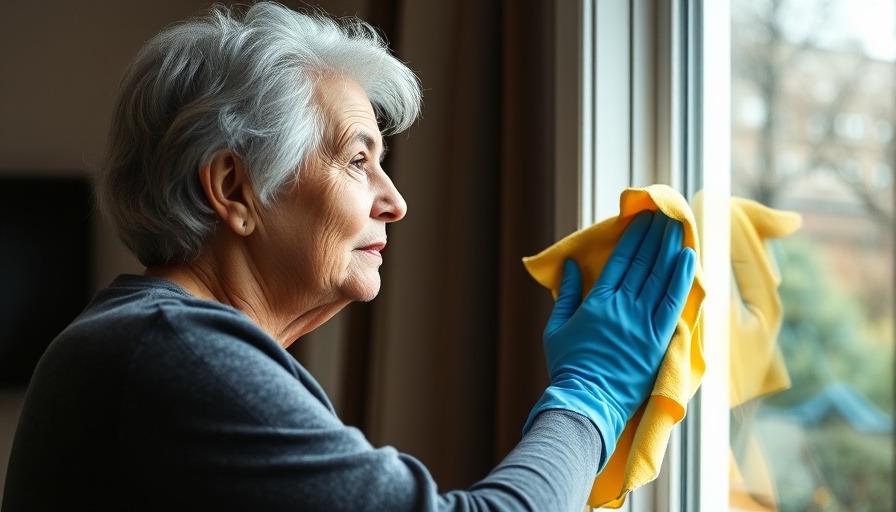
Why Baking Soda Isn't Always the Best Choice for Cleaning
Baking soda is often viewed as a miracle cleaner in many households, praised for its deodorizing abilities, mild abrasiveness, and versatility. However, not all surfaces appreciate a sprinkle of this white powder. In fact, certain materials and objects can suffer irreversible damage when exposed to baking soda. Understanding where to draw the line is crucial for preserving your possessions and maintaining a clean, safe environment.
Common Surfaces to Avoid
For instance, while it’s tempting to scrub grimy stainless steel appliances with baking soda, it can lead to tiny scratches that ruin the finish. Instead, opt for a gentle microfiber cloth paired with warm soapy water for a streak-free shine. Similarly, stone surfaces—such as granite or marble—may seem robust, but their porous nature makes them sensitive to acidic and abrasive substances. Use specific cleaners tailored to these materials, ensuring their beauty lasts for years.
Counterarguments: The Other Side of the Baking Soda Debate
While it’s easy to list surfaces you shouldn’t clean with baking soda, some argue that it does serve a purpose in specific contexts. For example, many swear by its effectiveness for eliminating odors in refrigerators or freshening carpets. Thus, baking soda advocates often highlight its eco-friendliness and low toxicity when used appropriately. Yet, it’s vital to balance its benefits with awareness of its limitations, as discussed in a recent article from Southern Living, which explored this fascinating cleaning conundrum.
Alternatives to Baking Soda
Fear not, there’s no shortage of alternatives! Vinegar, olive oil, and even lemon juice can serve as excellent cleaning agents. For instance, vinegar is great for descaling your coffee maker, whereas lemon juice works wonders for brightening dull surfaces with its natural acidity. Moreover, commercial cleaners formulated for specific tasks can provide targeted solutions without the risk of damage.
Future Trends in Cleaning Solutions: The Rise of Smart Technology
As our understanding of cleaning products evolves, so does technology. Enter the realm of smart home cleaning gadgets! From robotic vacuums equipped with sensors to app-controlled cleaners that tell you when they need refills, innovation is transforming how we maintain our homes. These devices often incorporate advanced materials and techniques that capture dirt without the need for harsh chemicals, marrying efficiency and safety.
Practical Cleaning Tips to Preserve Your Space
To ensure your cleaning endeavors are productive rather than damaging, here are a few practical insights: always read labels and instructions before tackling a new surface, prioritize using softer cleaning tools on delicate materials, and consider the long-term effects of any cleaning agent. These simple steps can save you time, energy, and money, while safeguarding your beloved possessions.
Conclusion: Knowledge is Key
Arming yourself with knowledge about cleaning techniques and the materials you’re working with is essential for any homeowner or renter. Avoiding common pitfalls, like misusing baking soda, can make all the difference in maintaining your home’s beauty and functionality. In the ever-evolving world of home care, remember that informed choices are the best choices. Happy cleaning!
 Add Row
Add Row  Add
Add 



Write A Comment